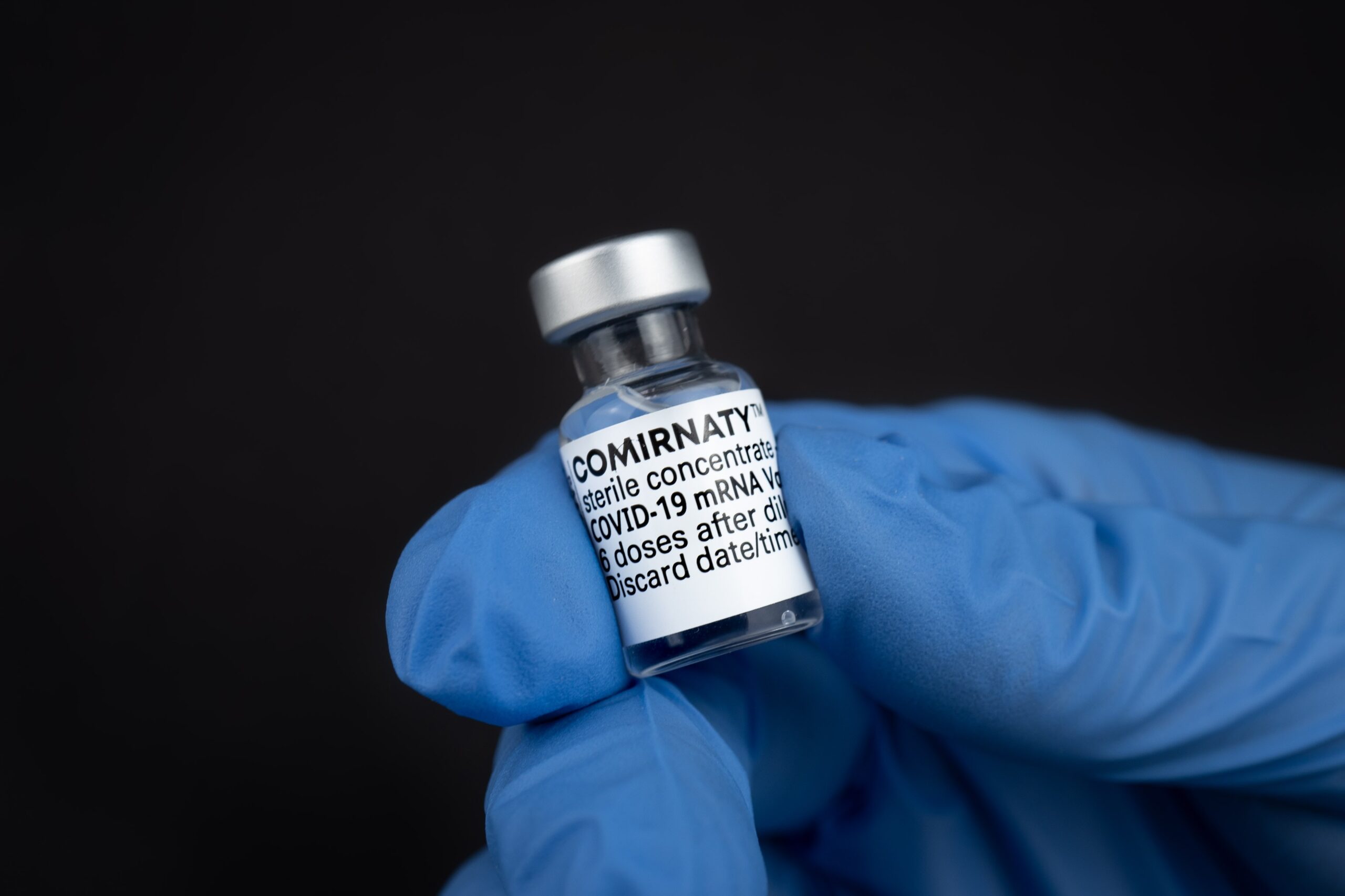Top-up vaccines will be available for all adults six months after their initial jabs, in a new rollout starting 29 November.
Jacinda Ardern says the booster rollout represents a “belt and braces” approach, for extra security. She also announced Waikato will shift down to alert level two from this Wednesday.
The SMC asked experts to comment on:
Dr Dianne Sika-Paotonu, Immunologist, Associate Dean (Pacific), Head of University of Otago Wellington Pacific Office, and Senior Lecturer, Pathology & Molecular Medicine, University of Otago Wellington, comments:
“It was signalled today that movement into the COVID-19 Protection Framework/Traffic Light System might occur sooner than expected. It was also announced that Waikato would move into Alert Leve 2 from tomorrow – despite rising case numbers.
“Double dose vaccination targets for Māori and Pacific peoples of at least 90 – 95% will still be needed across all DHBs to help keep our most vulnerable communities safe from COVID-19 – and also includes protecting our children and young people.
“Vaccination rates for Aotearoa New Zealand, have continued to increase which has been encouraging, however current vaccination levels must continue to improve across age groups, geographic locations and all ethnic groups to help keep everyone safe from COVID-19.
“Daily COVID-19 case numbers in the community continue to register as three digit figures – the ‘new normal’ for Aotearoa New Zealand. A total of 173 new COVID-19 cases were reported today, with 90 people in hospital and 7 currently in intensive care or high-dependency care units. A record 207 new cases were reported yesterday. While moving into a vaccinated environment, we all still need to be vigilant to ensure no-one is being left behind.
“It had also been previously announced that the AstraZeneca COVID-19 vaccine would also be made available – providing more options for those who need it. The Pfizer vaccine would still remain the primary COVID-19 vaccine for Aotearoa New Zealand.
“Making booster doses of the Pfizer vaccine available for those aged 18 and over, six months after their second dose, is an important step forward.
“As a result of this virus and COVID-19 disease, we’ve all had to adapt and rethink our way of living. The virus continues to spread across Aotearoa New Zealand and people need to be ready for what’s coming. Planning for potential self-isolation at home if needed, will be an important consideration for all.
“With more people interacting and getting out and about coming into close contact with each other, there’s a risk that this will promote and accelerate spread – especially for those who are vulnerable and this includes our children.
“Even though we’re moving into an environment where more people are vaccinated, we still need to be vigilant – and vaccination remains key.
“Getting vaccinated demonstrates our commitment to keeping others safe – including our most vulnerable. Please get vaccinated, get tested, follow the alert level rules and reach out to help others do the same.”
No conflict of interest declared.
Dr Matthew Parry, Senior Lecturer, Dept of Mathematics & Statistics, and Associate Dean International (Sciences), University of Otago, and New Zealand Statistical Association President, comments:
“As the number of cases continues to grow, we should expect the number of people in hospital to grow. Based on the latest numbers, under 3% of our active cases (3569) are in hospital (90). Of those in hospital, under 10% are in ICU (7).
“However, since hospitalisation tends to lag positive test results by up to a week, we can expect the hospitalisation rate to be higher, perhaps closer to 4%.
“Although these rates compare favourably with those in New South Wales, we have to remember they are at a very different stage in their outbreak. Furthermore, the hospitalisation rate might go up if we start seeing more cases among the older age groups. Currently the median age for cases is about 26 but the median age for hospitalisation is about 44.
“Fortunately, we can see in the data that vaccinated people who become infected with COVID are much less likely to end up in hospital. This means there will be downward pressure on the hospitalisation rate as the effect of more people being vaccinated kicks in.
“Booster doses now being rolled out by the Government will be crucial to maintaining the protection against the risk of hospitalisation.”
No conflict of interest.
